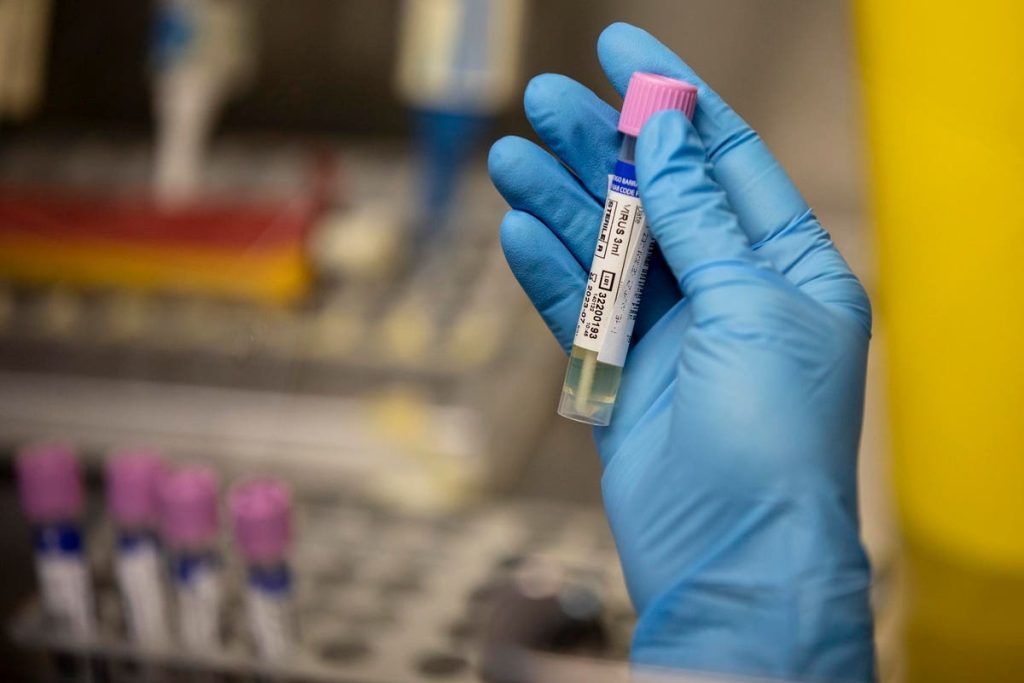The life sciences sector is among the most innovative parts of the UK economy, and a flagbearer for Britain on the world stage. Its importance to our future health and prosperity can’t be understated – which is why there has been such a strong focus on funding and new industry initiatives within central government over the past 12 months.
However, while we envisage a brilliant future – facilitated by novel treatments and innovations developed in the UK – the need for resilience continues to be a focus for the here and now.
Indeed, a recent report by The Society of Chemical Industry estimated that the UK is set to miss out on £230bn of economic growth between now and 2030 unless it improves the way it supports and commercialises science.
And, while there were numerous positive stats in the recently published Life Sciences Competitiveness Index that might be used to suggest the health of the industry is on the up, they were eclipsed by the fact that inward foreign direct investment in the sector has fallen from £1.9bn to £1bn – a 47% swing – in just 12 months. It placed the UK ninth out of 18 comparator countries for FDI, having held second place in 2022.
There were also significant drops in the levels of equity finance raised (down to £3.3bn from £7.2bn) and the number of IPOs and associated amounts raised (£7.1million raised through three IPOs compared to £751.5 million over 11 IPOs in 2021).
Working with the many life science businesses based across my employer’s network of innovation districts and science campuses, it’s clear that the skills, knowledge and know-how are in place for the sector to thrive. Such a significant drop off in international competitiveness in such a short space of time though suggests that we need to address recent changes in conditions.
For example, the Association of the British Pharmaceutical Industry (ABPI) has rightly called out the need to address rebate rates and the broader commercial environment. At the end of last year, branded medicine manufacturers saw rebate rates climb to 26.5% of sales (£3.3bn) – almost double the value of the year before and more than five times the figure for 2021. And while businesses paying back for access to the NHS is no bad thing, the scale of revenue clawback has undoubtedly dampened appetite for investment in R&D given the rate is more than double that of any comparable economy.
With the UK’s impasse over access to the European research programme Horizon also yet to be resolved, you can understand why investors have dialled back interest in the UK over the past year.
At the same time, it’s important that we continue to find new ways to encourage inward investment. The NHS for example, as one of the few publicly-funded healthcare services in the world, has the potential to offer alternative and innovative approaches. This is already being seen in the war against antibiotic resistance, which causes more than 12,000 deaths in the UK each year. The government has trialled, and is looking to expand, a new ‘Netflix’-style model where pharma businesses are reimbursed via favourable flat fee contracts rather than a price-per-use approach for their products.
As it stands, antibiotics are deployed on a pyramid basis, with novel ones only reaching patients as a last line of defence where more established ones have failed, disincentivising expensive R&D for those potentially introducing vital new drugs into the system. The approach is music to the ears of many of the early stage infectious disease businesses I work with.
Accompanying this, we have the planned intervention of Lord O’Shaughnessy’s independent review into commercial clinical trials. Again, the recent statistics here aren’t positive, but the recommendations made in his report in May are intended to increase access to novel treatments while making the UK a more attractive place to invest.
More interventions like this, delivered with vigour, have the potential to make the sector more internationally competitive. And, while the drop off in FDI has been significant, it is by no means engrained. With this year’s stats providing a wake-up call, the focus must now be to ensure that next year’s show a sector back on the up.
Read the full article here






